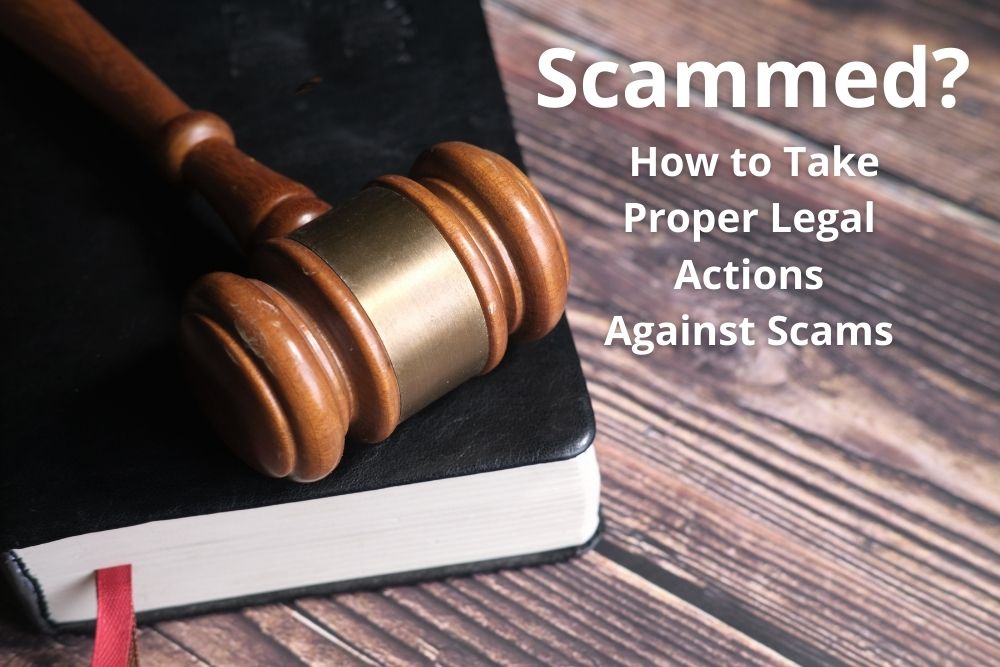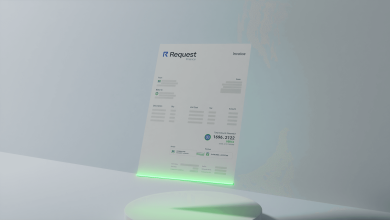Scammed? How to take Proper Legal Actions Against Scams

The incidence of scams does not lessen. The onus is on us, the citizens and consumers, to be aware of redressal avenues. Unmitigated rascals that they are, perpetrators of scams and fraudulent activity can still be outright pre-empting by the panoply of legal measures at our disposal. Taking proper legal action against scams is always possible.
Scam – Aware: Vigilance is the price of Freedom
One must not forget that if something seems too good to be true, it most likely is. It is not difficult for people to hide their true identity online, and one has to take steps to protect one’s identity from those people. People who do fraud are selfish. They aim to obtain money at the cost of others. Sometimes networks of criminals conduct phishing schemes to access personal information. Once someone has your personal information, with details like security number, full name, birthdate, family information or bank information, they can open new accounts.
If you’ve been scammed, there are organisations you should report the scam to.
Don’t feel embarrassed about reporting a scam – scammers are clever, and scams can happen to anyone.
Reporting a scam aims to track down and stop scammers. Moreover, this prevents other people from being scammed.
You should:
- protect yourself from further risks
- gather all the details of the scam
- report the scam to us
- report the scam to other organisations
Engaging a law firm
In a majority of cases, legal action is taken against the company answerable for facilitating the investment by serving a winding-up petition to allow debt payment. However, firstly, the matter goes to the Official Receiver. Then expert investment fraud solicitors (besides specialist insolvency practitioners and liquidators) begin an investigation to claim back the client’s funds. Either from the company itself or against individuals responsible for the company and hence answerable for the loss of funds.
In order to directly go after an individual fraudster under civil law for the compensation of funds they’ve misappropriated. There must be proof of some kind of wrongdoing, such as misrepresentation misfeasance, or unjustified enrichment. Your law firm works to get access to this data in case the investigative and prosecuting authorities have data on the fraudster, usually because they’ve got a criminal conviction. It’s also significant to be mindful of the fact that the civil standard of proof, which only demands to be proved on a balance of probabilities, is lesser than the criminal standard beyond a reasonable doubt.
Class-action law-suits
Besides acting for individuals and businesses, your law firm would also be acting in class actions (called multi-party actions), where the same fraud has victimised multiple individuals. The implication is that an individual not able to recover funds because of the costs and time involved can have their legal remedy by pursuing legal action as part of a group.
World Proteins Kft : illustrating speedier Justice
The court, sans holding a complete hearing, found in favour of World Proteins Kft, permitting it to get back €350,000 directly from a bank account belonging to the purported fraudsters. World Proteins had earlier gotten an order freezing the funds, despite some of the money already been transferred to Dubai accounts.
World Proteins received two invoices, for €1.5 million and €500,000, which is taken to be from one of its most loyal suppliers. The invoices were a part of a chain of emails between World Proteins and its supplier, rather than including new bank details and were false.
World Proteins was able to call back the €1.5m payment once it realised it had been defrauded but failed to recall the €500,000 payment.
The court determined that it was able to make the grant the application sought in the case. As the money clearly was World Proteins’ and both the bank and purported fraudster is been intimating about the application. Going by the evidence, it would have been “disproportionate and not exactly essential to ask and expect the applicant to go through legal hoops where the respondent had not attended”, the judge said
Authorised Push Payment Fraud (APP fraud): relief measures
A new voluntary Code of Conduct permitting APP fraud victims to claim reimbursements passed in late May 2019. Banks and other payment service providers who were code co-signers agreeing to reimburse victims of APP frauds where certain criteria are satisfied and have committed to several measures to detect, prevent and respond to APP fraud. However, only consumers, ‘micro’-enterprises that meet strict turnover and employee threshold. charities can get reimbursement under the code.
The APP frauds voluntary code will be made use of by many individuals in this sort of scenario to seek redress straight from the bank. However, companies need to be mindful that it is possible that they will not be covered by the code as well as the commitments many banks have made since they are not individuals. Therefore, it is paramount that companies that suffer fraud contact a civil fraud lawyer asap if they are to be successful in fund-freezing that have been misappropriated.
Obviously, civil recovery methods are faster than getting in touch with the police, likely resulting in a fair chance of recovering the money even if there is a cost – legal fees – for self-policing, as in this situation.
National Trading Standards Scams Team
The National Trading Standards (NTS) Scams Team helps engage mass marketing scams and unsettles perpetrators’ operations behind mail scams. It works in partnership with agencies throughout the UK to identify and support victims of mass marketing fraud.
The team provides guidance, best practices, and founds a center of excellence to help local authorities get the backs of local victims and take local enforcement action.
NTS Team in Action
An NTS Scams Team initiative, ‘Friends against Scams’ is an agency that seeks to pre-empt and shield people from becoming victims of scams by authorizing people to take a position against scams. It is built to inspire action, accentuate the problem’s scale, change the percipience’s of why people fall for scams.
Thereby making scams regional and national topic as well as a community topic.
Anyone may be a ‘Friends Against Scams’ and make an impact in their own way. With more knowledge and awareness, people can make scams part of the daily conversation with their family, friends and neighbours, thereby enabling them to protect themselves and their loved ones.
Anyone can learn about the various types of scams and how to spot and support a victim by being a Friends Against Scams awareness session. Alternatively, you can finish an online learning session at home, at work or wherever most convenient.
Reporting scams and getting advice
In case you have made a payment in response to a scam, get in touch with your bank ASAP.
In England and Wales:
Report – contact Action Fraud on 0300 123 2040.
Advice – contact Citizens Advice Consumer Service on 0808 223 1133 or 0808 223 1144 for a Welsh-speaking advisor.
In Scotland:
Report – contact Police Scotland on 101.
Advice – contact Advice Direct Scotland on 0808 164 6000.
In Northern Ireland:
Report – contact Action Fraud on 0300 123 2040.
Advice – contact Consumerline on 0300 123 6262.
Conclusion
There are a number of legal remedies addressing the redressal requirements of folk or companies that have been defrauding through scams. There are several agents with impeccable credentials that can lighten the path to Justice. The incidence of scams keeps escalating, even as general awareness grows. By understanding and disseminating the steps to redressal in case of scams, each afflicted person helps to cut down. There are many antidotes against crime in the workplace. Similarly, there’s enough infrastructure against scams to merit some self-congratulation. Vigilance against scams and fraud, nevertheless, stays the staple of free consumer existence.



